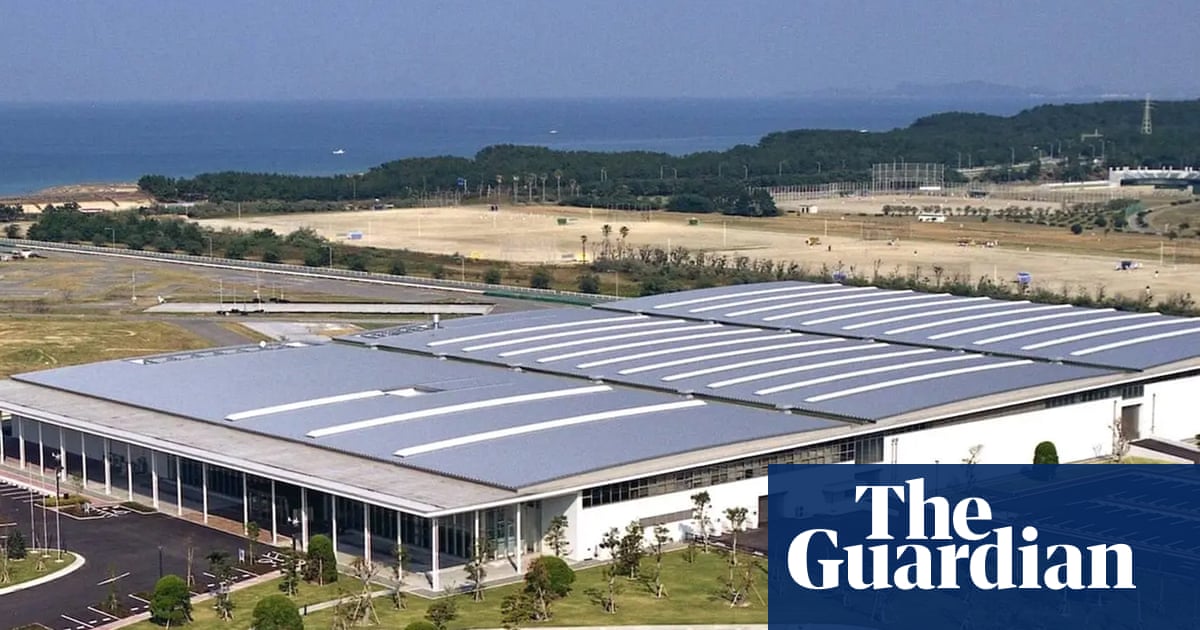It’s not -a lot- of electricity … a couple of thousand kWh per day. It’s also used to de-salinate ocean water … of which there’s plenty.
Combine salt and water to create electricity to power a desalination plant that removes salt from water. I am sure there is more to it, but the article sounds like it’s one of those mad perpetual free energy schemes that defy the laws of physics.
They are just re-capturing some of the energy the system spent turning salt water into fresh. Because that results in extremely salty brine water waste, you can get some energy as it gets diluted back down to sea water concentration.
There no “new” energy in the system, it’s just wasting less.
If they’re mostly using electricity or even combustion to evaporate the water (as opposed to sunlight), there’s no chance that the concentrated saltwater creates more electricity than it costs - it’s only maybe useful if the saltwater is actually a waste product.
They’re using brine from a reverse osmosis plans and wastewater, so yes, that is indeed the case.
Far cry from “perpetual free energy scheme”, though.
I don’t think anyone claimed it was.
It’s the misleading “generated” electricity headline. It just re-captures some of the spent energy to be slightly more efficient.
It seems like every other top level reply in this thread is people poking holes in it based on their personal speculation about the details.
Isn’t efficiency just getting closer and closer to a perpetual machine? Using science and the physics to the absolute limit!
I sounds more like it makes electricity out of fresh water, destroying it in the process (turning it into saltwater through osmosis/dilution). Sure… if there is some crazy salty water you have, and want to turn it into “still salty, but maybe less so”, you can indeed gather a tiny little fraction of the power.
But given that fresh water is also a precious resource in many places, this seems relatively niche.
From what the article says, it’s actually a pretty cool way of improving desalination plants. They use the left over brine, from desalination, that has a very high concentration of salt, and use it as the high salt concentration side, with regular seawater being used on the other side. This both gives them free energy and reduces the side effects of pumping that extremely salty water into the sea by diluting it.
It can use treated waste water, so it’s not that specialized.
So, they’re using brine from a reverse osmosis plant and wastewater to run this process, both waste products, and probably producing something roughly the same as seawater.
Sounds bizarre, but apparently it works.
I’m hoping soon that the salt is used to make batteries.
As desalination plant need a lot of power it is a plus. But there is always that question in background with this approach what are they gonna do with this salt ?
It’s pretty common to produce table salt by dehydrating sea water. This saltwater electricity plant doesn’t produce salt, though, since the basis of their electricity generation process is diluting concentrated salt water.
I swear, nobody in this comment section actually understood the article.
New to the internet?
To my knowledge, desalination plants do not recover salt from brine. There is a European project that is studying this feasibility. Generally, brines are discharged into the sea, which is destructive for the environment due to their concentration.
Here before the idiots who comment misinformation about Japan show up




